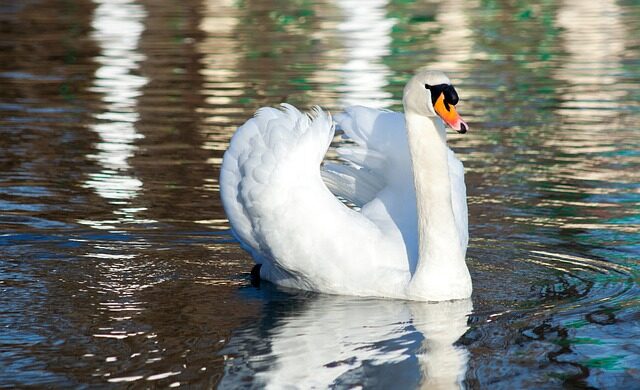Lakes and ponds, particularly those on private properties or bordered by homes, can become unhealthy, especially during the warm-weather months, for a variety of reasons. A commonly occurring reason is the lack of dissolved oxygen within the water. If a pond lacks sufficient dissolved oxygen, it can become stratified, plant life can release poisonous gases, fish kills and algal blooms can occur and the general process of eutrophication is increased. Fortunately, lake aeration is a relatively simple solution that can greatly improve many water and habitat-quality problems.
Benefits of Lake Aeration
An artificial lake aeration system is easy to install and can bring your water body back to life. Lake aeration can produce a number of beneficial impacts to lake or pond. Here are some of the major benefits:
- Water Quality Improvement: The health of the water in your pond will take a dramatic turn for the better.
- Habitat Improvement: The quality of life for both plants, fish, and animals will improve.
- Destratification of the Water Body: A aeration system will mechanically circulate the water, causing water turnover, and ridding the water body of different water layers.
- Odor Removal: As destratification takes effect, hydrogen sulfide and other gasses gas that causes foul odors will be greatly reduced.
- Reduction in Amount of Bottom Sediment: In healthy, oxygen-rich lakes and ponds, naturally occurring organic matter decomposes quite easily. On the other hand, an oxygen-poor waterbody inhibits the breakdown of organic debris and fosters the accumulation of a thick layer of bottom sediment.
- Reduction in Mosquitos: This can be a major benefit for those who enjoy spending quality time by their lake in the early morning or evening hours. Mosquitos require still water for their eggs to develop. Aeration systems ensure a continual flow of water and retards the proliferation of these biting pests.
Ideal Candidate Water Bodies for Aeration
Judging from the above list, the following few questions might help you decide if your pond or small lake is an ideal candidate for aeration:
- Does the pond have a pea-green color in the summer?
- Is there a tremendous amount of mosquitos at the shoreline?
- Have you ever observed fishkill?
- Does the water give off a foul smell?
Of course, if you own all of the lake or pond in questions, such as often occurs in suburban or rural settings, then you also can make the call without other owners who may have different opinions.

